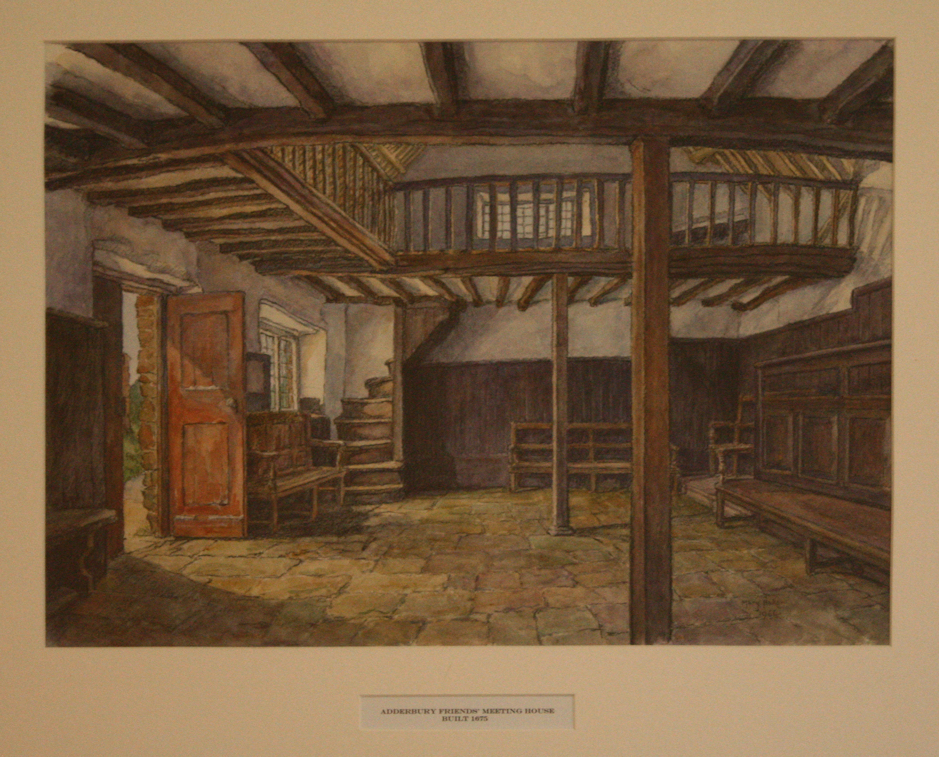The history of Quakerism in North Oxfordshire is almost as long as Quakerism itself, arriving in Puritan Banbury during the 1650’s, and quickly establishing itself in the rural area to the west and south of the town during the second half of the seventeenth century. (Adderbury Quaker Meeting House was opened by George Fox in 1675 and the first Sibford Gower Meeting House followed in 1681.)


The same could almost be said about domestic clockmaking, although it was not until the 1689 Act of Toleration created the stability and safety for the Quakers, that the two converged; when we see the emergence of a group of Quaker blacksmith turned clockmakers, in the form of the Gilkes family of Sibford Gower and later the Fardons of Deddington, who went on, through their descendants, relatives and apprentices to dominate the craft and create a clockmaking tradition that was to last throughout the eighteenth century. During which time they produced one of the most iconic styles of English country clockmaking, instantly recognisable to enthusiasts everywhere – the iron posted hoop and spike clock with the distinctive ring and zig zag engraved dials.
Most probably first produced in the workshop of Thomas Gilkes senior of Sibford Gower around 1700, and continued by his three sons – Thomas junior (who remained at Sibford), John who moved to Shipston on Stour, and Richard who became the Adderbury clockmaker, and Thomas senior’s apprentice – John Fardon who went on to establish the Fardon dynasty of clockmakers at Deddington. They were followed by further generations, each in turn providing an example of the Quaker ideals of education, apprenticeship and travel within their working lives.

From this group of clockmakers a network of trade was created throughout North Oxfordshire, extending, after 1750, further afield to Charlbury, Burford and Milton under Wychwood. At each location we find the local clockmaker, taking a prominent role in the running of their local Quaker meeting.
It was this organisational system, centred upon the Quakers’ core principles of simplicity and truth in all aspects of life, (set up by George Fox during the early years of Quakerism in the seventeenth century) and administered via a network of meetings radiating out from the London Yearly Meeting, to the Regional Quarterly Meeting, then to the Monthly Meeting and eventually the Local Preparative meeting, that underpinned their success.
By these means the Quaker clockmakers, or for that matter Quakers in general, exercised economic power way beyond their numbers, which lasted throughout the period of English country clockmaking.
© 2014 Tim Marshall Clocks